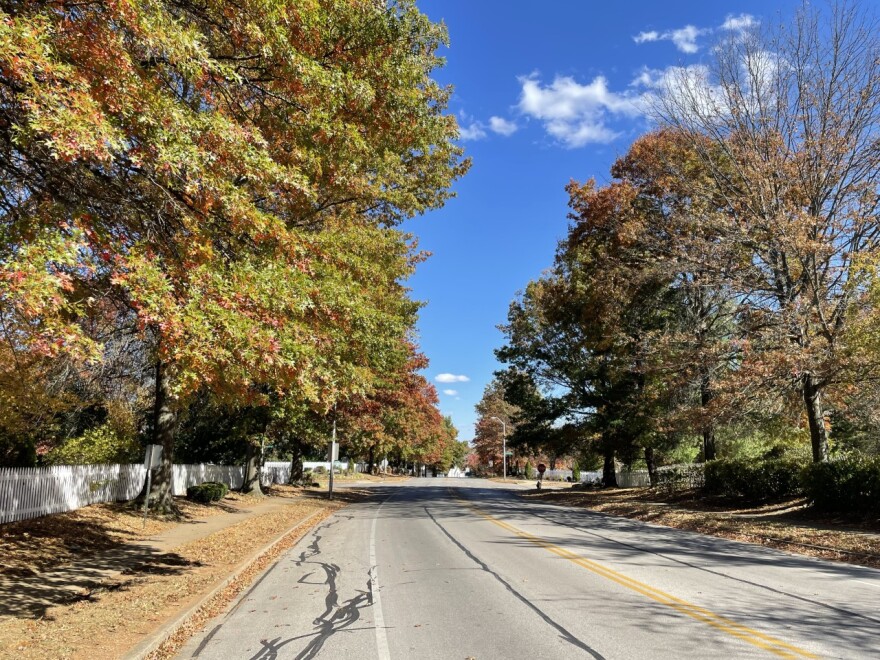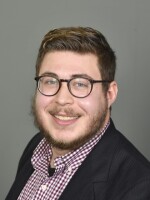Grant money totalling $1.8 million from the Kentucky Division of Forestry is going towards helping underserved communities access urban forests and greenspaces.
The money comes from the USDA and 2022’s Inflation Reduction Act. It will help support green staffing for local governments and nonprofits, tree planting, canopy assessments and forestry workforce development.
Federal data is being used to help that funding go towards underserved or disadvantaged communities.
“The Climate and Economic Justice Screening Tool, CEJST, takes in a whole host of data and information, including climate data, storms, pollution, history of industry, as well as health data, income and education, you name it,” Urban and Community Forestry Program Coordinator Chris Wiedamann said. “It is an absolutely fantastic tool for us to use and helps us direct those funds to the folks that need it most.”
Weidamann says urban forestry can include trees in yards and along streets, and provides a lot of benefits.
“They provide, obviously, clean air for us to breathe cooling shade in the summers. They reduce our heating bills in the winter by blocking wind. They also produce effects of encouraging health and activity in our communities, as well as uptake of groundwater,” Wiedamann said.
A release from the governor’s office says organizations can apply for awards between $1,000 and $250,000, though larger proposals would also be considered.
More information about the grant is available online.
** WEKU is working hard to be a leading source for public service, and fact-based journalism. Monthly supporters are the top funding source for this growing nonprofit news organization. Please join others in your community who support WEKU by making your donation.





